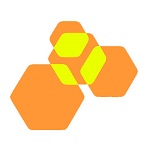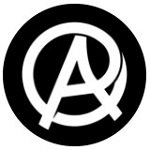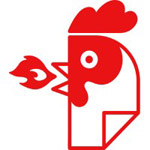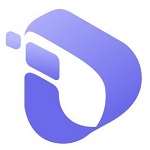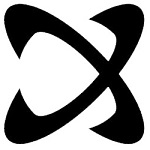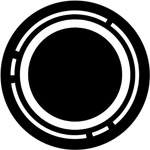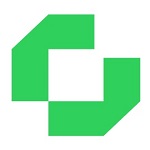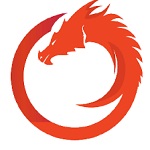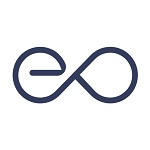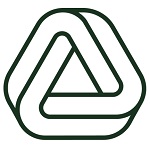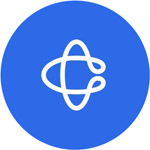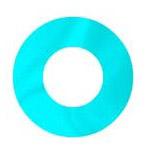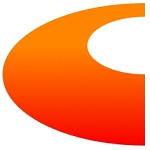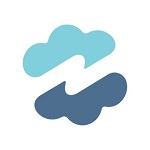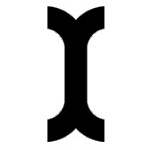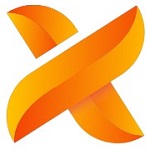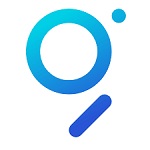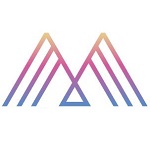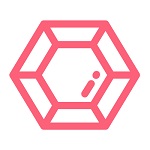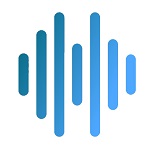Oracle
| Projects | Projects | Status | Date start | Raised | Launchpad | Ecosystem | X score | Interest lvl | Industry | |||
|---|---|---|---|---|---|---|---|---|---|---|---|---|
| TBA | $3,5M | Data Analytics +5 | ||||||||||
IDO | TBA | Data Analytics +6 | ||||||||||
IDO Past | Sep 07, 2025 | Trading & Investing +4 | ||||||||||
| TBA | Data Analytics +6 | |||||||||||
| TBA | Data Analytics +5 | |||||||||||
| TBA | $2,5M | Identity & Reputation +9 | ||||||||||
IEO IDO Past | Sep 03, 2025 | $4M | Data Analytics +4 | |||||||||
| TBA | $12M | Data Analytics +7 | ||||||||||
| TBA | $12M | Science & Research +6 | ||||||||||
IDO Past | Feb 10, 2025 | Oracle +1 | ||||||||||
| TBA | Identity & Reputation +6 | |||||||||||
| TBA | Blockchain +3 | |||||||||||
IDO Past | Nov 25, 2024 | Blockchain +2 | ||||||||||
| TBA | $79M | Data Analytics +3 | ||||||||||
| TBA | $23M | Data Analytics +5 | ||||||||||
| TBA | $6M | Blockchain +2 | ||||||||||
| TBA | $2,5M | Big Data & Data Storage +3 | ||||||||||
IEO Past | Apr 18, 2025 | $25M | Blockchain +1 | |||||||||
| TBA | Trading & Investing +2 | |||||||||||
ICO IDO Past | Oct 22, 2020 | $69,6M | Data Analytics +8 | |||||||||
| TBA | DeFi +5 | |||||||||||
IEO Past | Feb 26, 2025 | $22M | Blockchain +3 | |||||||||
ICO Past | Feb 04, 2021 | Oracle | ||||||||||
Oracles in blockchain industry
Any distributed decentralized network is always deterministic – its transactions follow a strictly chronological sequence, and the network itself cannot independently receive information from third sources and the outside world. For this purpose, the blockchain has oracles – infrastructural algorithms that translate information from outside the network into a format understandable to the blockchain.
In this way, oracle can be seen as a way to connect blockchain to the real world. This capability plays a key role, especially in the use of smart contracts – protocols that enable the automatic fulfillment of the terms of commercial transactions, transactions and asset exchanges between parties without the involvement of third parties.
What is Oracles
In the crypto community, an oracle is a third-party service or system that feeds external data into a blockchain or smart contract. This data can range from cryptocurrency price information, weather data, financial metrics, sports scores, real estate prices, etc. In fact, Oracles act as intermediaries between the outside world and decentralized applications on the blockchain.
Based on this, Oracles play an important role in the functioning of decentralized systems. They provide access to external data that can be used in blockchain and smart contracts.
How does Oracles work
The main task of an oracle is to provide access to real and reliable external data in the blockchain. Without such access, smart contracts and decentralized applications will be limited only to the internal data of the blockchain and cannot use external sources of information to make decisions or fulfill conditions.
Examples of using oracles
- Pricing and financial data. Oracles are widely used to obtain information about the prices of cryptocurrencies, stocks, commodities, and other financial data. This information can be used to execute conditions in smart contracts, such as automatically executing options or liquidating assets when a certain price level is reached.
- Interaction with real-world assets. Oracles are needed to integrate information about real estate, securities, movable property, etc. to carry out transactions with them via blockchain technology.
- Game results: Oracles can provide data on sporting events.
- Identification and verification: Oracles can also be used to identify and verify personal data or documents, allowing for the creation of decentralized systems.
Depending on their purpose and use, blockchain oracles can be of several types:
Oracle as Software
An oracle that exists in a software format works with information that is online. Such an oracle can provide data about weather, temperature, prices of services or goods, transportation schedules, and so on. The oracle obtains this data from company websites, processes it, and provides it to the smart contract.
Hardware oracle
Some smart contracts need real-world information about the physical fulfillment of certain conditions. For example, a smart contract may need data about a car that is within range of a certain sensor. Also, a hardware oracle can interact with RFID tags (radio frequency identification tags) for smart contracts to work in logistics. The main challenge for this type of oracle is to ensure an adequate level of security for the information being read.
Inbound oracle
This type of oracle works directly inside the smart contract itself and provides information from the outside world under certain conditions. For example, to trigger an automatic order to buy a cryptocurrency, the smart contract needs to know when its exchange rate will reach a certain point. This information will be provided by the incoming oracle.
Outgoing oracle
An outbound oracle, on the other hand, can send information to the outside world. For example, a smart locking system that exists in the real world can automatically grant the user access once it receives information about a successful payment from the oracle.
Oracle Consensus
Prediction markets like Augur or Gnosis need oracles to reliably predict developments and outcomes. However, using just one source of information, it is impossible to accurately determine its reliability. Therefore, prediction markets use more than one oracle to predict the consequences of events.
The main advantages of oracles
- Expanding Blockchain Capabilities: Oracles allow the blockchain to leverage external data, expanding its capabilities and applicability in the real world.
- Data reliability: Oracles provide access to reliable and verified data, which is important for the reliable functioning of decentralized systems.
- Automation and efficiency. Using oracles allows you to automate the execution of conditions and actions in smart contracts, which makes processes more efficient and saves time.
- Flexibility: Oracles offer flexibility in choosing data sources and system configurations depending on the specific needs of the application.
Disadvantages
It should be noted that Oracles also have some risks:
- Regulation and centralization: some oracles may be centralized, which can create risks related to control and manipulation of data.
- Trust in the oracle: When using oracles, trust in the data source is necessary, as incorrect or manipulated data can affect the operation of smart contracts or applications.
- Failures and unavailability: oracles can experience problems with data unavailability or denial, which can cause problems for applications.
Conclusion
As the blockchain economy evolves, the oracle ecosystem will rapidly develop as a reliable way to connect the digital world with the real world. It is blockchain oracles that will be able to solve blockchain communication problems, as well as enable the wider application of smart contracts in various industries interested in using decentralized networks.
